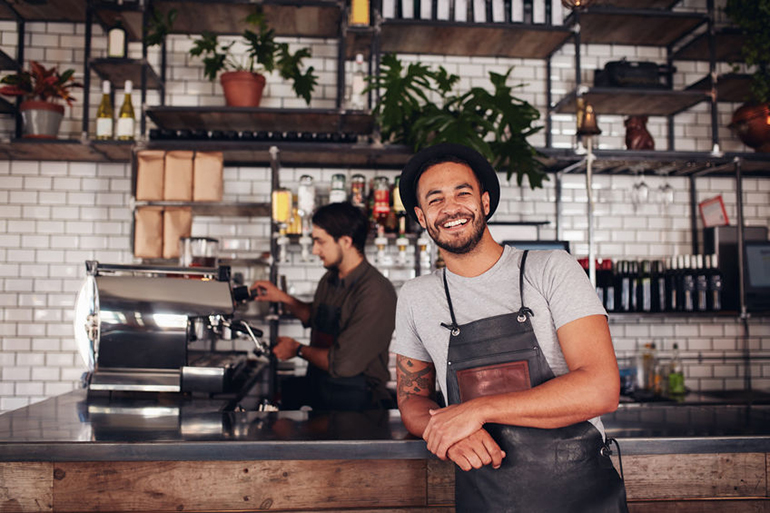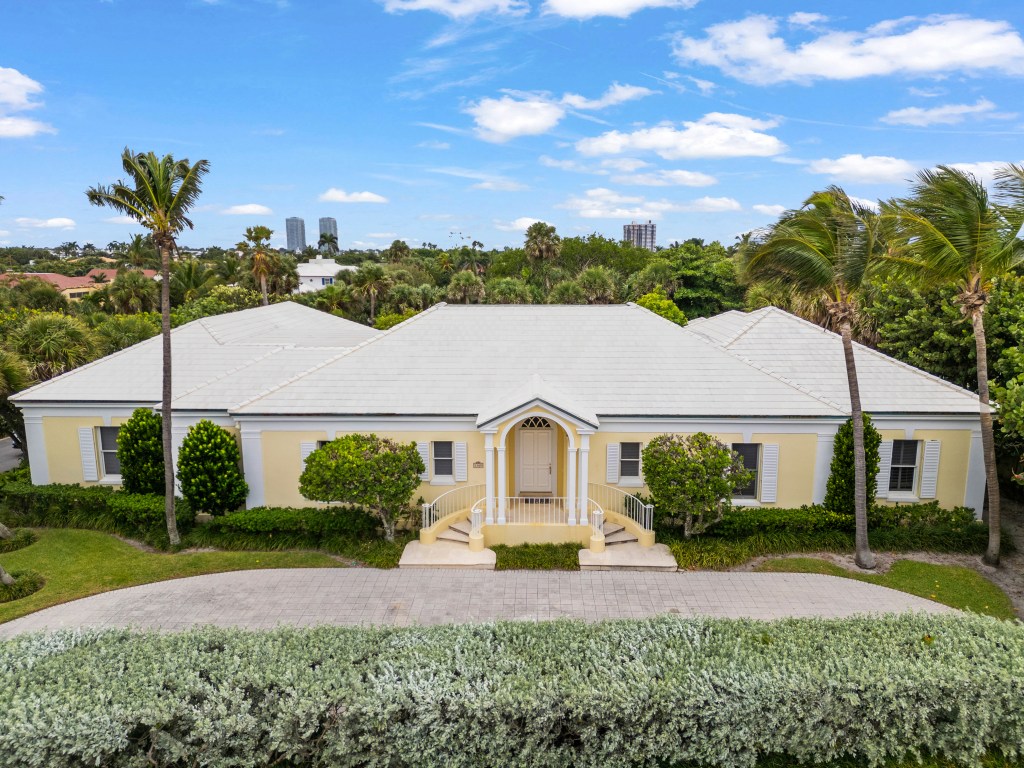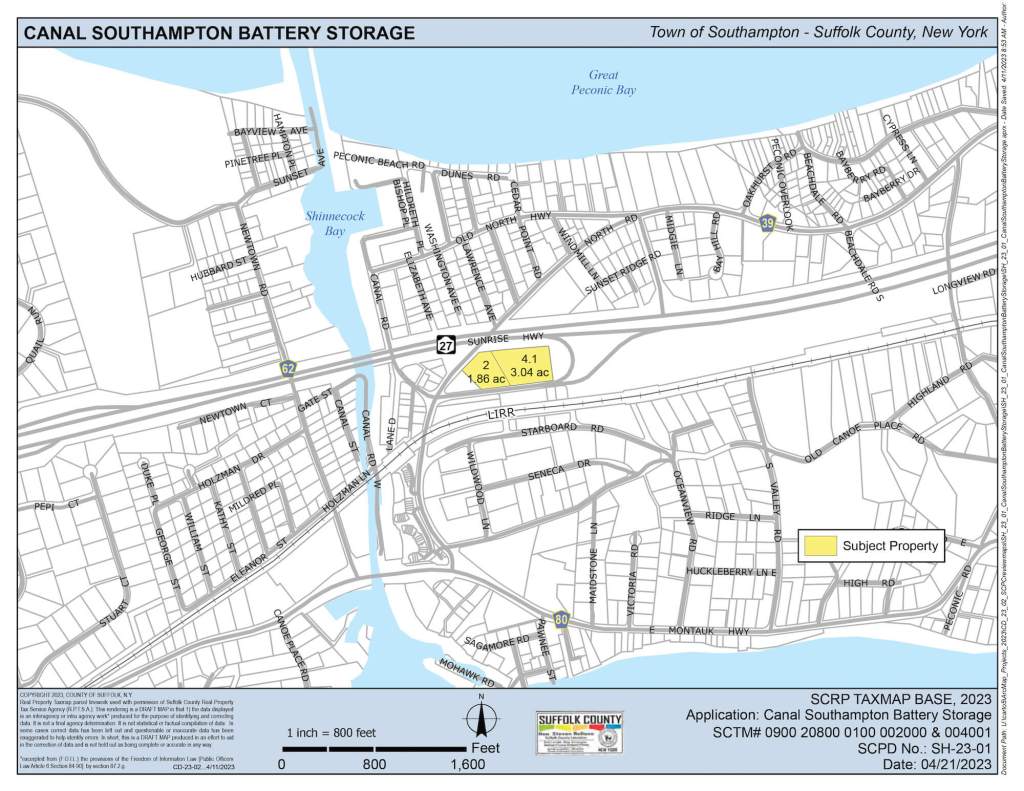BYOB Is Illegal: There's Much to Consider When Opening a Restaurant

There are a ton of steps that you need to go through before your grand opening. You need to buy or rent space, make permit / zoning applications, renovate the space, enter into a ton of contracts, establishing an entity, creating banking relationships, enlist a credit card processor, hire staff, train that staff, establish vendor relationships, hire a chef, create a menu, establish an online presence, market, market and then do some more marketing.
Thankfully, New York State offers a website that creates a custom business checklist to assist you with this process, businessexpress.ny.gov/app/home.
Now, let’s assume that you pulled it all off with a little help from friends, family and your attorney. It’s time to plan the big grand opening bash. Ouch, you just realized that you haven’t received your liquor license from the State Liquor Authority. What do you do now?
No sweat you say, the restaurant can open with BYOB—bring your own bottle—and everyone loves that. It will be perfect. We can have music and everyone can bring their favorite bottle of wine—what a perfect grand opening party.
Did you know that BYOB is illegal in the State of New York. To be clear, if your restaurant offers BYOB, you are jeopardizing your liquor license application and much more. According to the New York State Liquor Authority, Division of Alcoholic Beverage Control:
“BYOB”, or “Bring Your Own Bottle,” where owners of establishments allow their customers to bring alcoholic beverages to their premises to be consumed on site, is NOT PERMITTED in unlicensed businesses in New York State. You MUST have a license or permit to sell/serve beer, wine or liquor to the public. Venues without a license or permit may not allow patrons to “bring their own” alcoholic beverages for consumption. In addition, owners of businesses may not give away alcoholic beverages to their patrons. Those that do are in violation of the NYS Alcoholic Beverage Control Law. Applicants should be aware that allowing BYOB without a license may jeopardize their chances for approval of their license.
Now, you say to yourself, that’s a stupid law, I won’t get caught, I’m doing it anyway. Be warned, your decision is much stupider than the law. Did you know that anyone can complain to the New York State Liquor Authority about your BYOB restaurant? All a busybody has to do is either call 518-474-3114 while selecting option 2 or submit a complaint to this website: tran.sla.ny.gov/JSP/complaintreg/ComplaintRegistryPage.jsp
Remember, you have a lot of nosy neighbors and restaurant-competitors who are operating just down the block. Better not to lose your liquor license before you even open. Further, did you know that it’s a crime to sell alcoholic beverages at unlicensed premises?
In fact, a person is guilty of a misdemeanor pursuant to the Alcoholic Beverage Control Law §§ 64-b and 130, as explained by the Courts of the State of New York, if (1) such person “has a proprietary or pecuniary interest in the subject premises, (2) the premises has an assemblage capacity of twenty or more people and (3) that the premises was not licensed.” Still further, if someone is injured and such injury is caused by the unlicensed service of alcohol, it is most probable that an insurance company will disclaim coverage when you get sued for that injury.
So, what do you do? According to the State Liquor Authority, you can get a temporary permit. Specifically, the New York State Liquor Authority advises that “[i]f the business is located outside of New York City, you are eligible for a temporary permit if: (a) you are buying the business from the current licensee and the business has been open and operating within 30 days of the date you filed the application for the permit; or (b) you are starting a new business and it is not a package store, wine store, or subject to the 500 Foot Law.”
Better yet, now that you have read this article, you can plan accordingly and start working on your license application immediately without delay as it’s the most important application a restauranteur will ever make.
Andrew M. Lieb, Esq., MPH, is the managing attorney of Lieb at Law P.C. and a contributing writer for Behind the Hedges.



